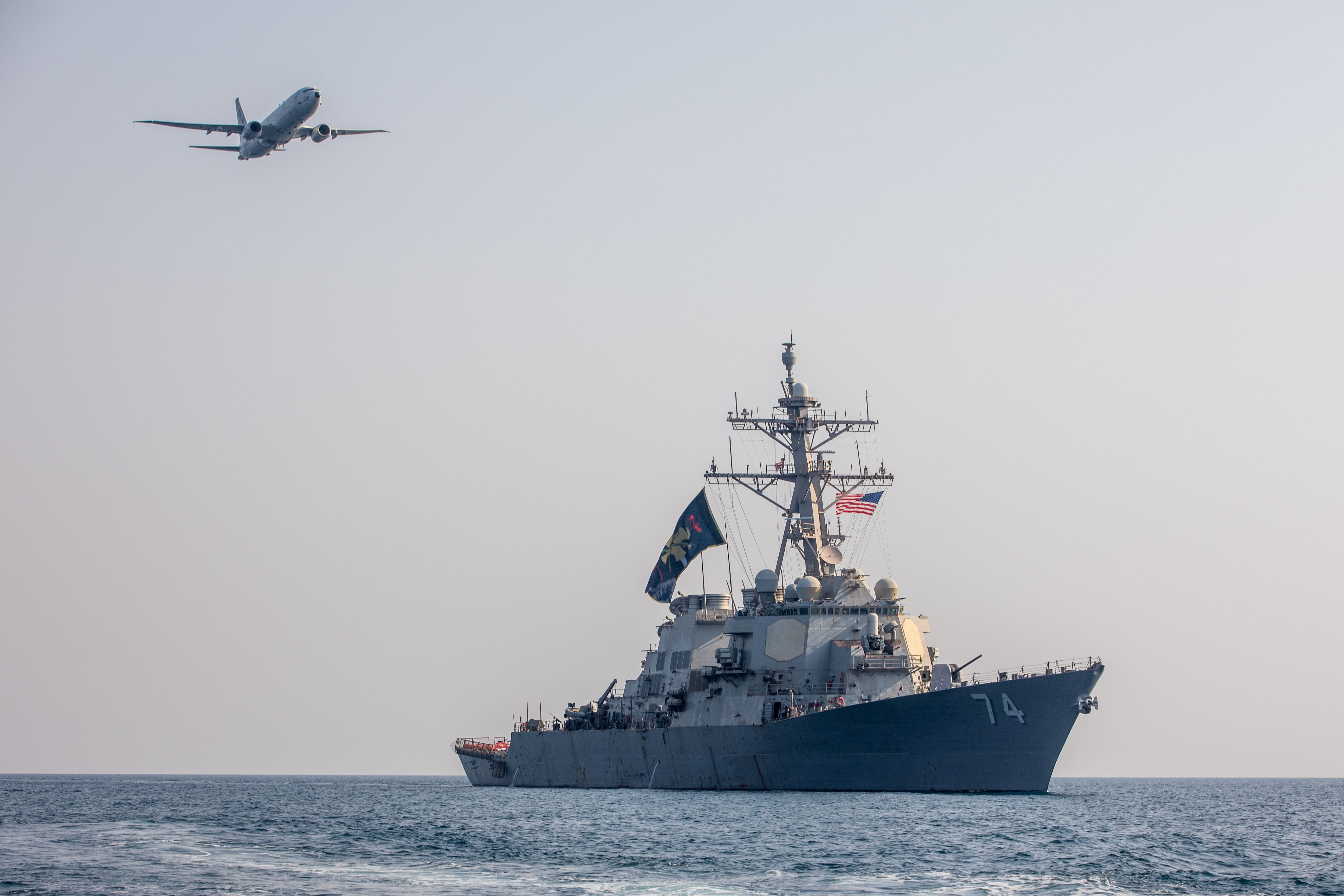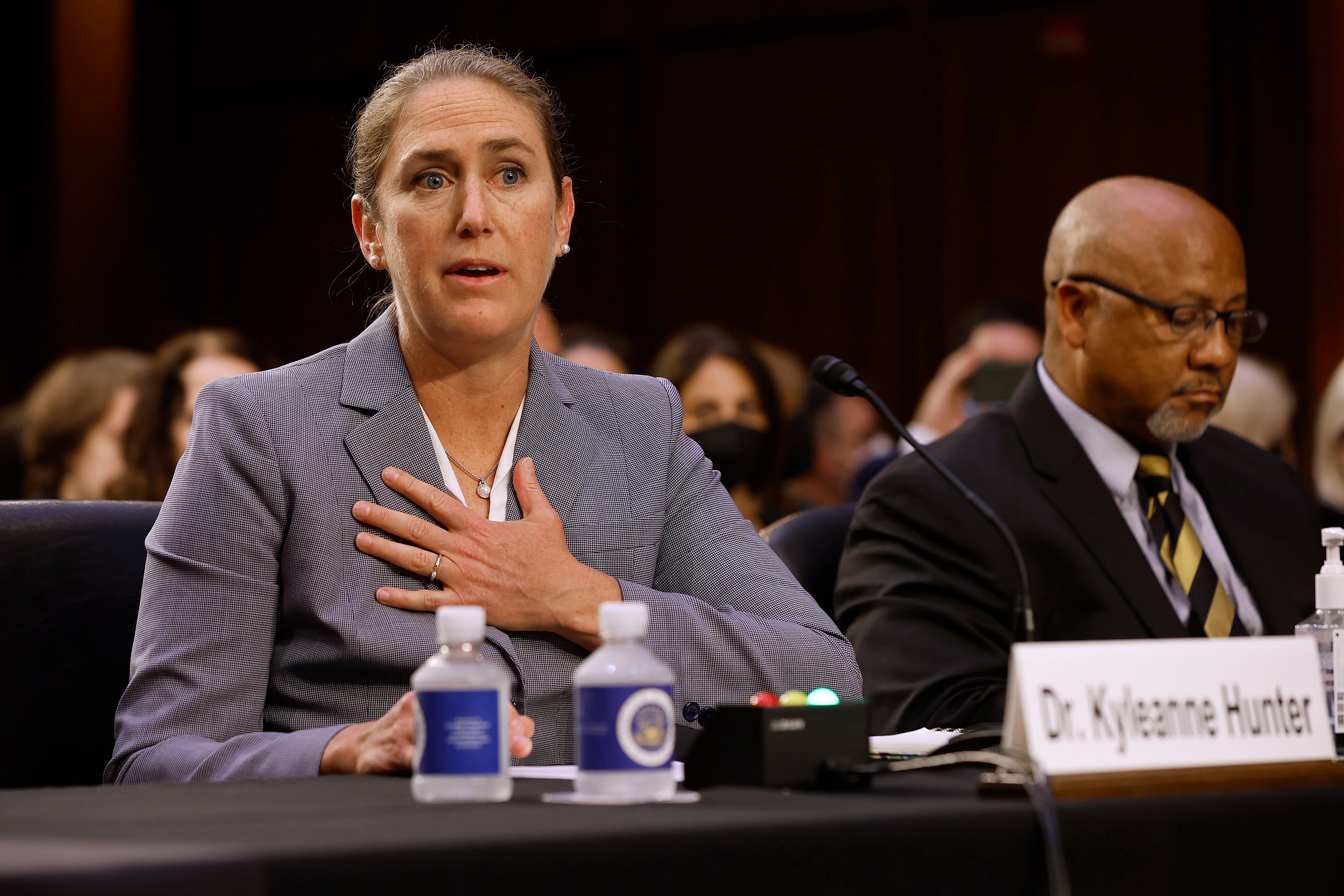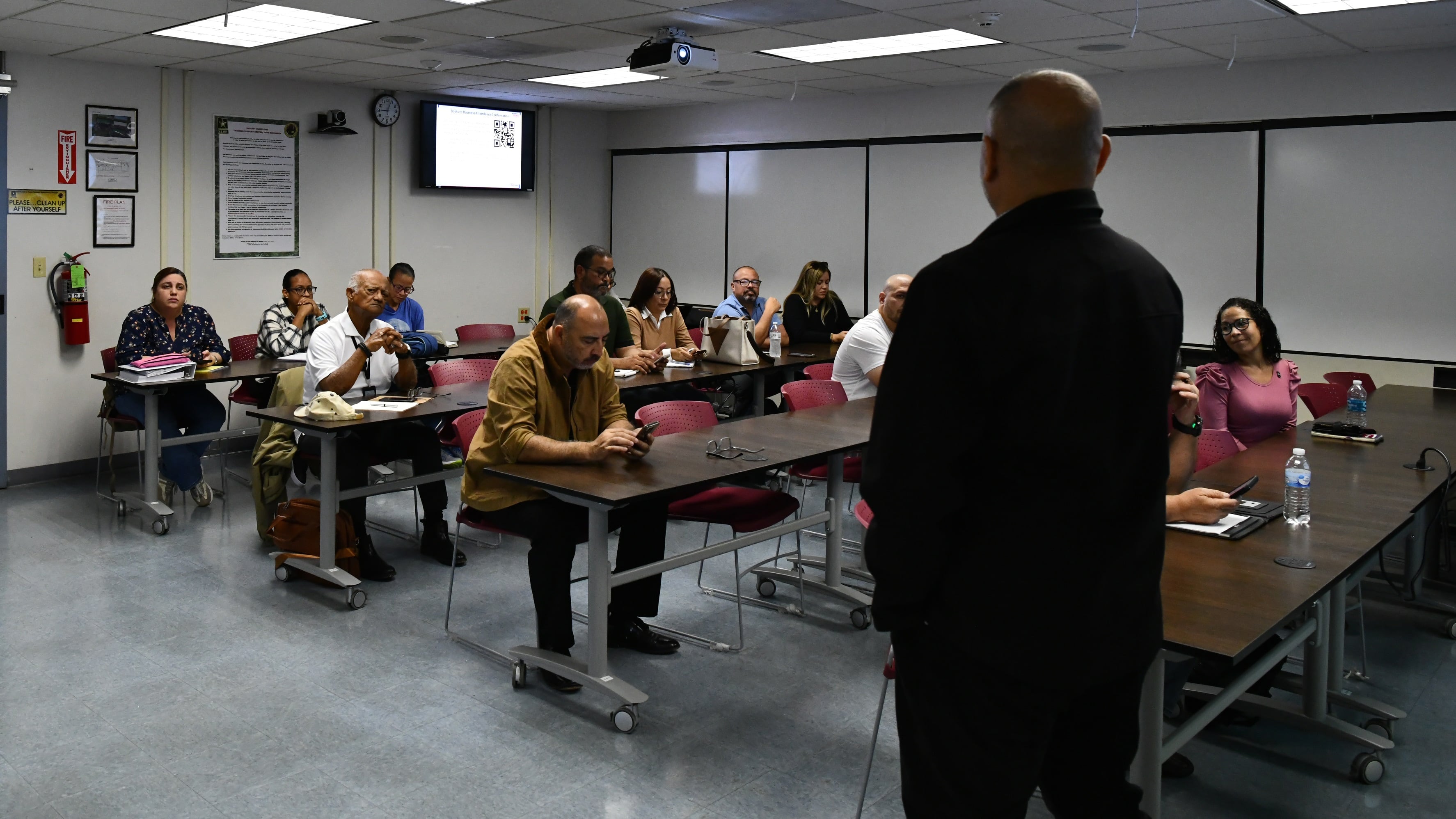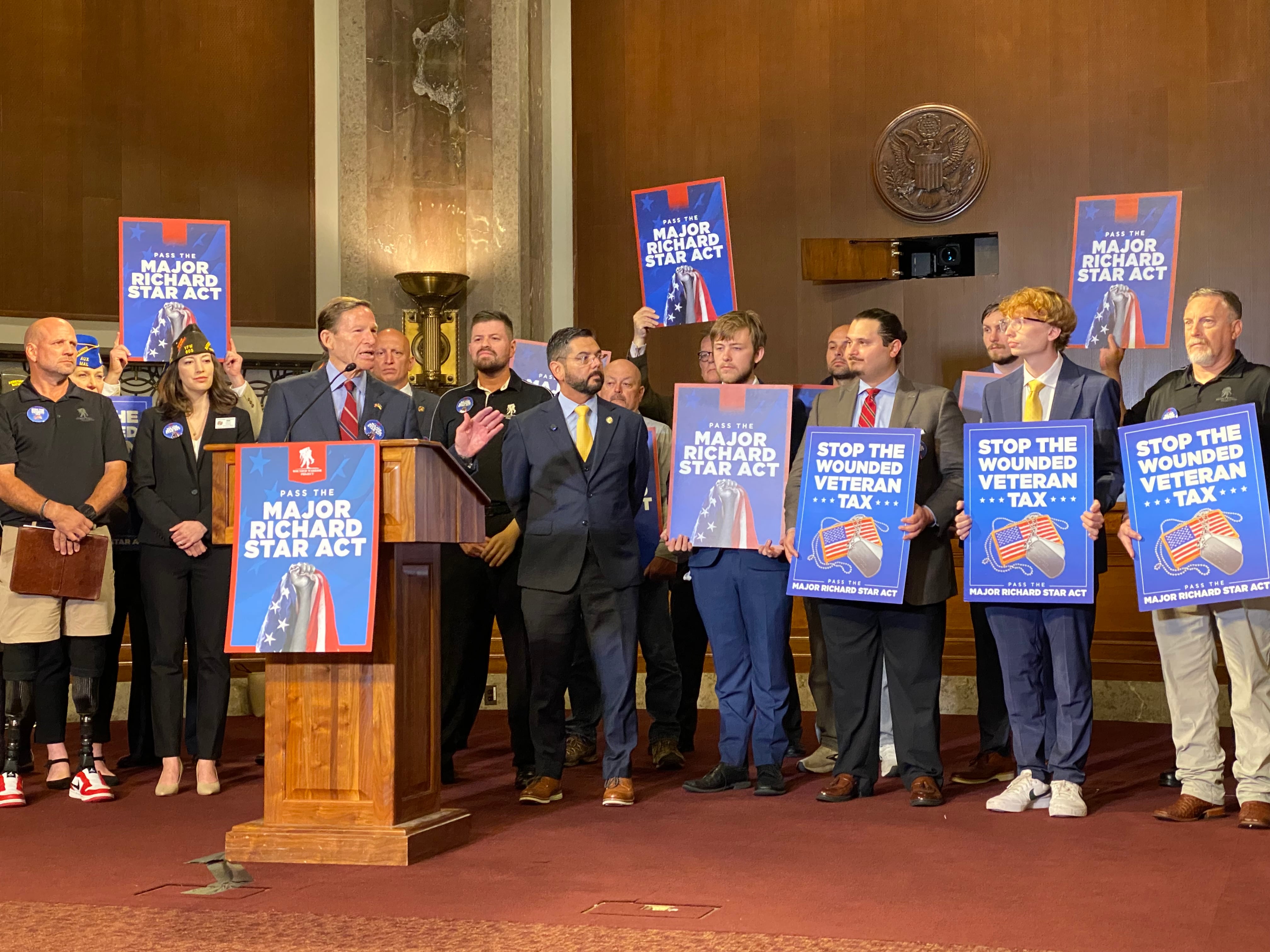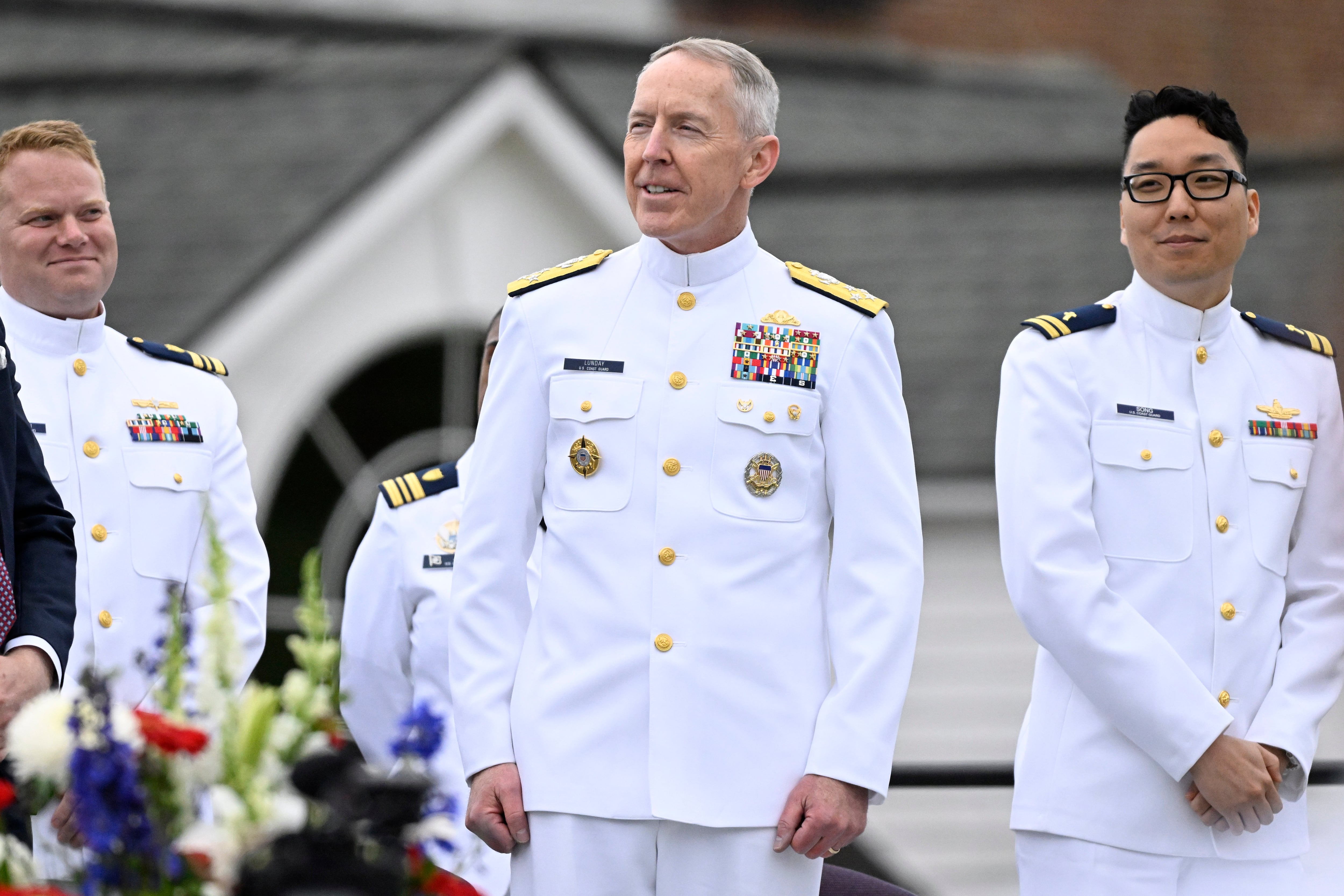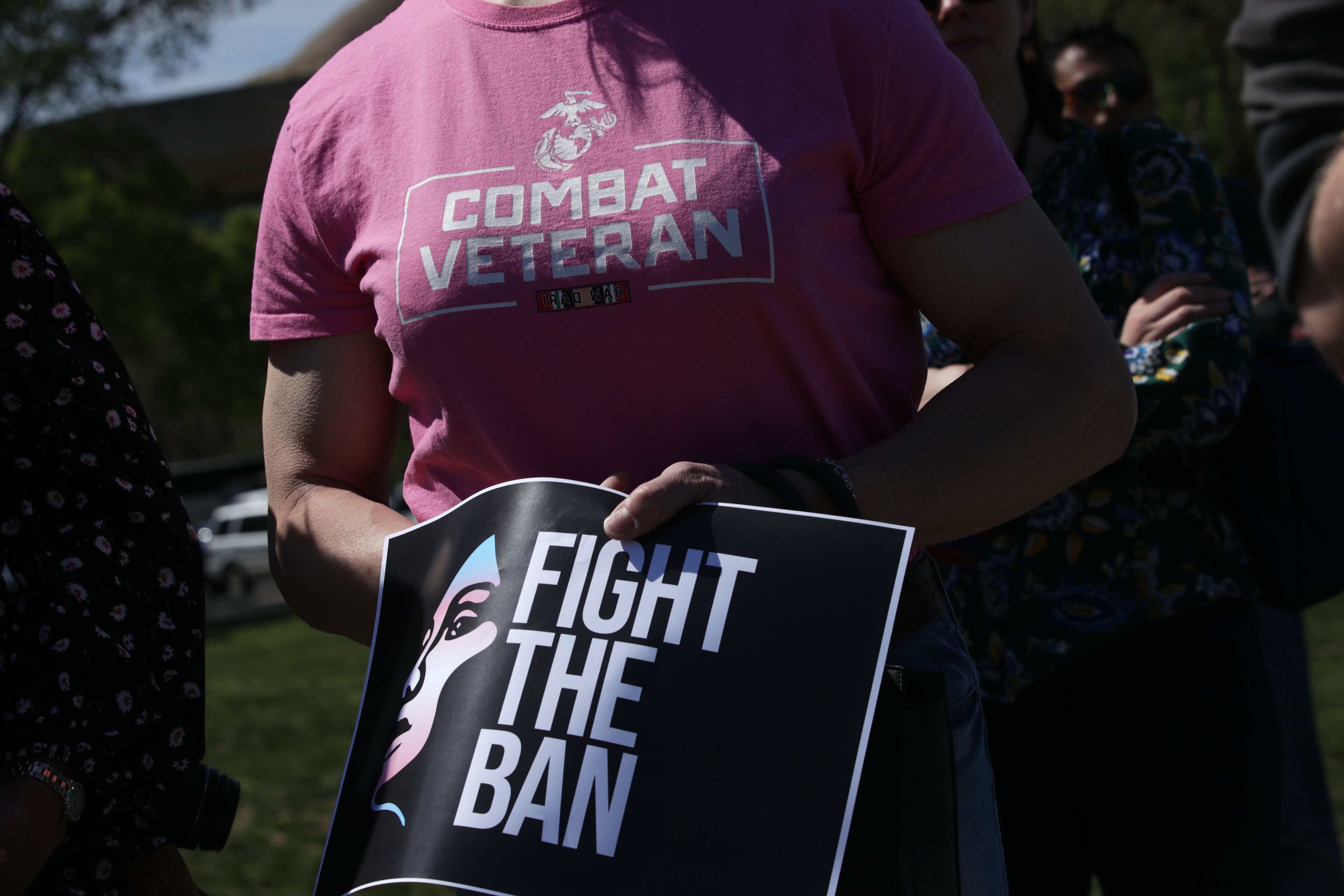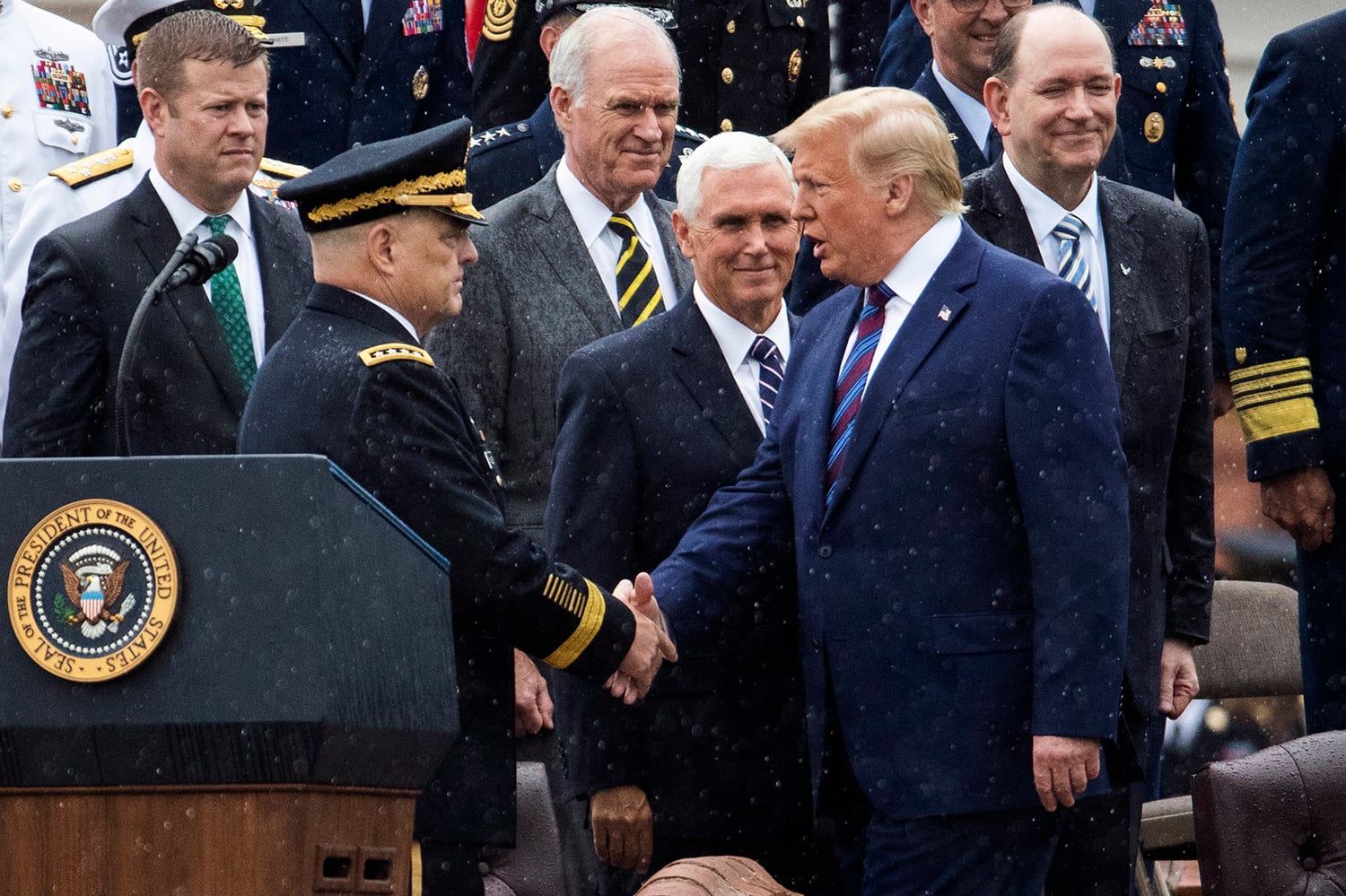A majority of Americans believe U.S. leaders need to be more involved in international affairs to protect the interests of the United States and stability worldwide, reflecting a significant rise in support for this leadership role, according to a new poll released Monday.
Officials from the Ronald Reagan Institute also found that while Americans still support the NATO alliance, there is growing reluctance to provide military assistance to foreign governments who fail to “do their fair share.”
The group’s annual summer survey, which polled more than 1,200 individuals, indicates a potential shift in U.S. views towards foreign policy and intervention, which had waned significantly following nearly two decades of war in Iraq and Afghanistan.
About 54% of respondents in the study said they believe a more engaged U.S. approach to international events is “better” for America, marking an increase from around 40% in the past three years of polling.
RELATED
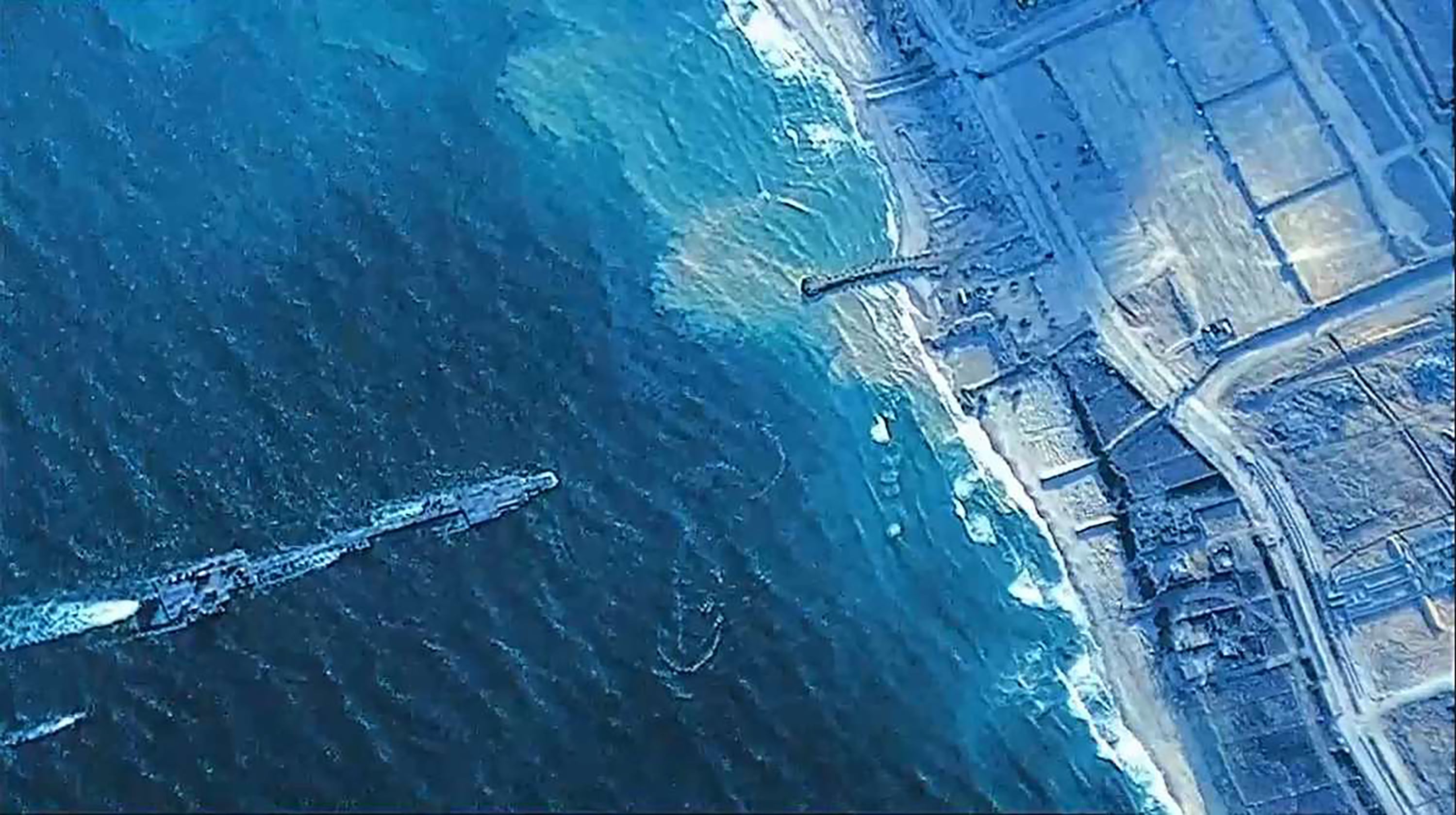
The number of individuals who advocated for less American engagement overseas stood at 33% in the poll, roughly the same as in previous years.
Officials from the Reagan Institute said they see the findings as evidence of “a growing desire for American leadership in the world” and that U.S. citizens for the most part “believe a strong U.S. role in international affairs benefits both our country and the world.”
Of those surveyed, 77% said the United States has a moral obligation to stand up for human rights and democracy whenever possible, and 86% said a strong military is “essential” to maintaining peace and prosperity across the globe.
Nearly two-thirds of respondents said they have a favorable view of NATO, and 72% said they would support American military action if a NATO ally in Europe was attacked.
But that number dropped to 52% when individuals were asked if that ally is not spending at least 2% of its gross domestic product on defense, a goal set by NATO leaders in 2014. Only 11 of the 31 member countries reached that target last year.
European overreliance on American military might has been a common complaint among conservatives in recent years, with former President Donald Trump repeatedly accusing NATO allies of investing too little in defense spending.
The full study is available on the institute’s website.
Leo covers Congress, Veterans Affairs and the White House for Military Times. He has covered Washington, D.C. since 2004, focusing on military personnel and veterans policies. His work has earned numerous honors, including a 2009 Polk award, a 2010 National Headliner Award, the IAVA Leadership in Journalism award and the VFW News Media award.
